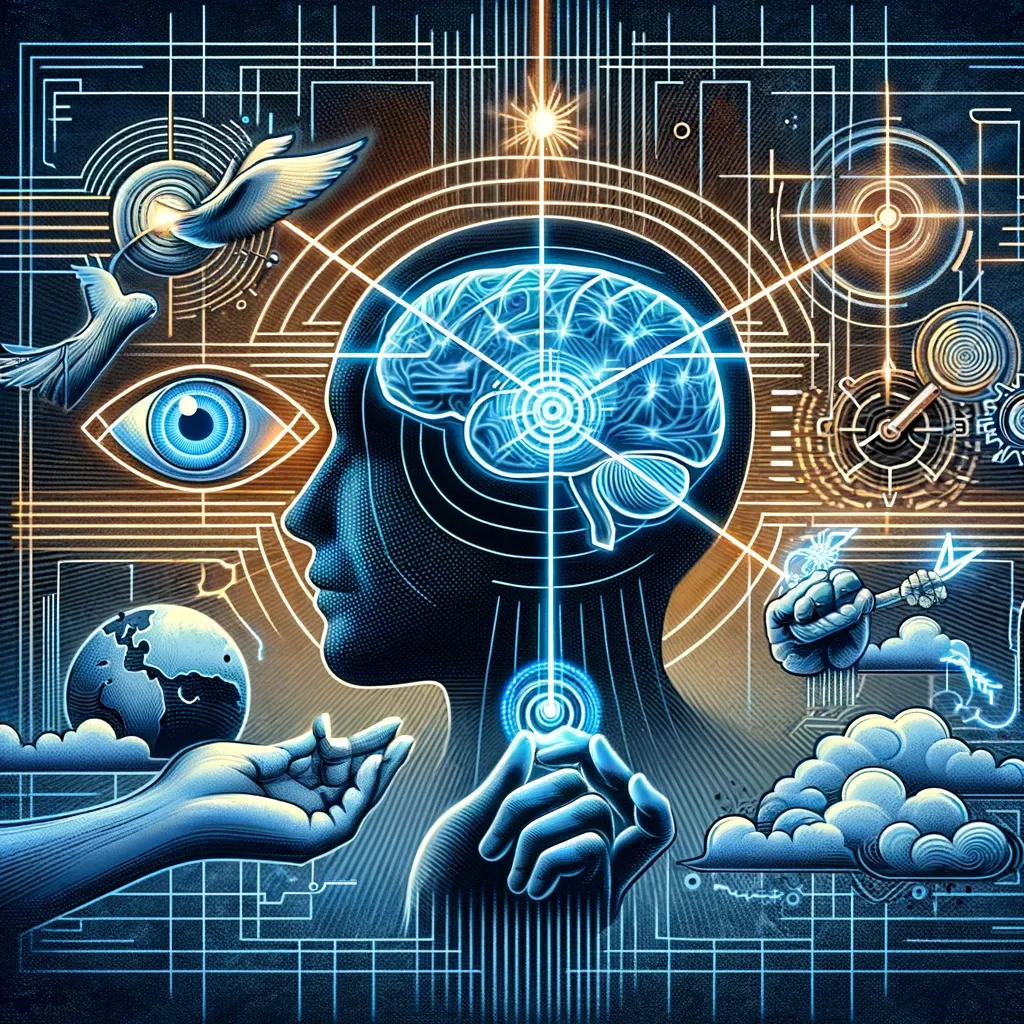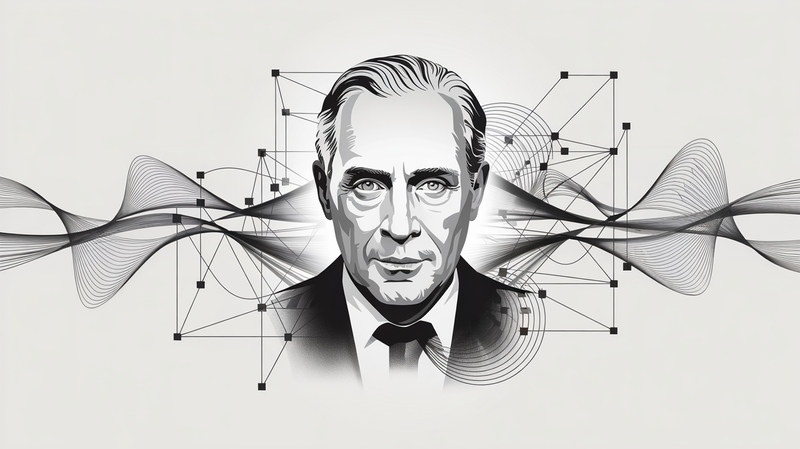Illuminating Compliance: The State's Quest to Quell Dissent with Light Therapy
In a world teetering on the brink of unprecedented technological advancements, a provocative idea has emerged – one that envisions the state not just as a governing body, but as a grand scientist, with its citizens transformed into patients free of psychiatric disorders. This concept, while sounding like something out of

In a world teetering on the brink of unprecedented technological advancements, a provocative idea has emerged – one that envisions the state not just as a governing body, but as a grand scientist, with its citizens transformed into patients free of psychiatric disorders. This concept, while sounding like something out of a utopian novel, raises profound questions about the role of government, science, and the very nature of mental health in our society.
The State as Scientist: A New Paradigm
In this emerging paradigm, the state assumes the role of a scientist – a custodian of public health, but with a focus that extends beyond physical wellness into the realm of mental health. Utilizing advancements in fields like optogenetics, the state seeks to eradicate psychiatric disorders, not merely manage them.
Optogenetics: The Key to a Psychiatry-Free Society?
Optogenetics, a technique that allows the manipulation of neuronal activity using light, holds the promise of extraordinary breakthroughs in understanding and treating psychiatric conditions. The idea is that, with precise control over brain activity, it could be possible to 'correct' the neurological patterns that lead to mental illnesses.
Citizens as Patients: Mental Health Utopia or Dystopia?
In this envisioned world, citizens become akin to patients in a vast, societal-scale experiment aimed at creating a psychiatry-free population. Mental disorders, from depression to schizophrenia, could potentially be 'cured' or even prevented, leading to a society where psychiatric ailments are a thing of the past.
Ethical and Societal Implications
This vision, however, is fraught with ethical dilemmas. The prospect of a state wielding the power to manipulate mental states raises concerns about individual autonomy, consent, and the definition of 'normal' mental health. Who decides what constitutes a psychiatric disorder and what doesn't? What happens to the concept of personal struggle and growth, often intertwined with mental health challenges?
The Role of Technology in Shaping Society
As technology like optogenetics progresses, it becomes increasingly possible to not just treat but fundamentally alter human experience and behavior. The role of the state as a 'scientist' in this context could redefine the boundaries between public health, governance, and individual rights.
Conclusion: A Brave New World?
The concept of a new world order where the state acts as a scientist and citizens as psychiatry-free patients is both fascinating and alarming. It opens up possibilities for a future free of mental illness but also poses significant risks regarding personal freedom and the essence of human experience. As we stand at the crossroads of this technological and ethical juncture, it becomes imperative to critically evaluate the path we choose to tread.




